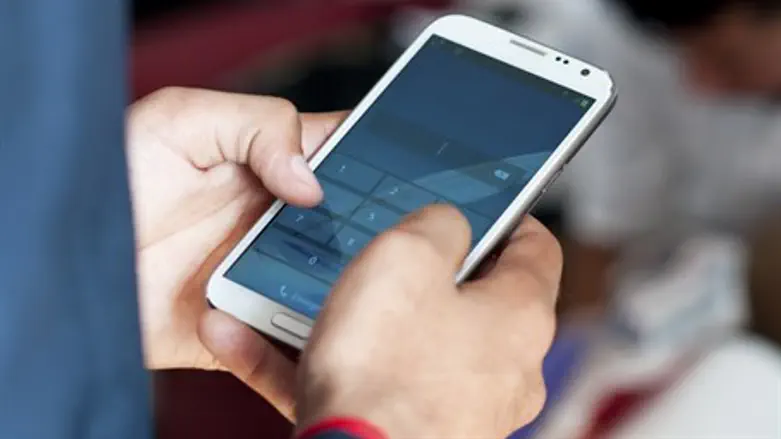
The United States Justice Department on Monday was granted a postponement of a hearing planned for Tuesday in its lawsuit against Apple over an iPhone belonging to Syed Farook, one of the San Bernardino attackers.
In asking for the delay, according to NBC News, the government said it wants to try another way to break into the phone.
"On Sunday, March 20, 2016, an outside party demonstrated to the FBI a possible method for unlocking Farook's iPhone. Testing is required to determine whether it is a viable method that will not compromise data on Farook's iPhone," lawyers for the government wrote in an application for a continuance filed on Monday afternoon and quoted by NBC.
"If the method is viable, it should eliminate the need for the assistance from Apple Inc. ("Apple") set forth in the All Writs Act Order in this case," the letter said.
"Accordingly, to provide time for testing the method, the government hereby requests that the hearing set for March 22, 2016 be vacated. The government proposes filing a status report with the Court by April 5, 2016."
In February, a judge in California ordered Apple to create software to help unlock the iPhone of Farook, one of the shooters in the December 2 killing of 14 people in San Bernardino.
Apple later argued in court against the ruling ordering it to help the FBI unlock the phone, arguing that such a move would violate its free speech rights and require it to devote significant resources to comply.
A senior FBI official on Monday declined to disclose who the idea came from for opening the phone without Apple's help.
"It's something we plan to keep confidential at this point," the official said, according to NBC News.
A spokesperson for the Department of Justice said in a statement on Monday evening that the FBI had continued to search for ways to crack the phone used by Farook even as the government pursued its legal case against Apple.
"As a result of these efforts, an outside party demonstrated to the FBI this past weekend a possible method for unlocking the phone. We must first test this method to ensure that it doesn't destroy the data on the phone, but we remain cautiously optimistic," DOJ spokeswoman Melanie Newman said in a statement. "That is why we asked the court to give us some time to explore this option. If this solution works, it will allow us to search the phone and continue our investigation into the terrorist attack that killed 14 people and wounded 22 people."
Apple CEO Tim Cook reiterated his company's reasons for refusing to go along with the FBI at a product launch held at the company's Cupertino headquarters earlier on Monday.
"We did not expect to be in this position, at odds with our own government," he said, according to NBC and added, "We need to decide as a nation how much power the government should have over our data and over our privacy."